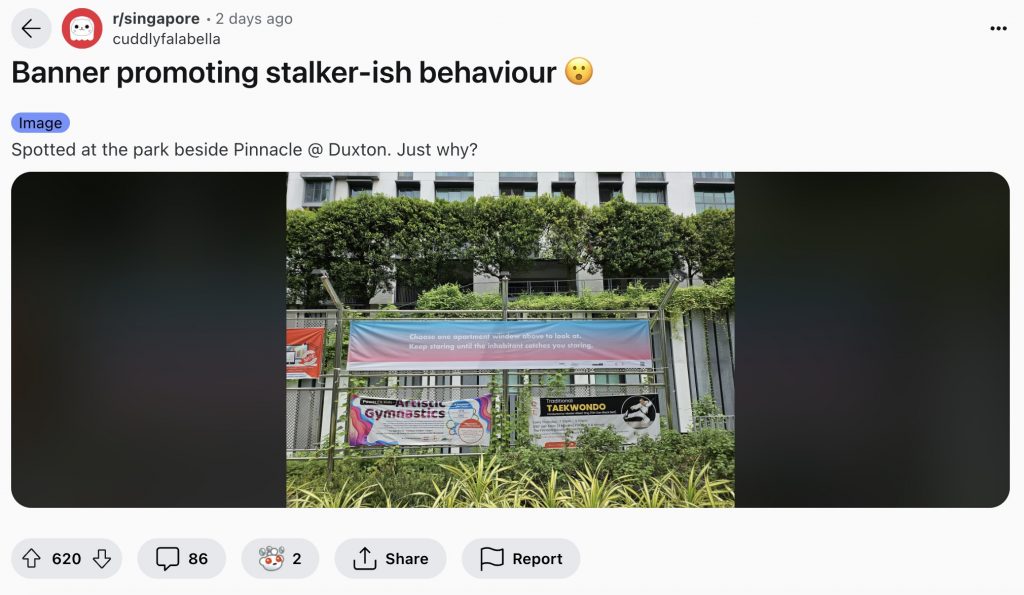SINGAPORE: Singaporeans might be able to spot Saturn with the naked eye during a rare astronomical event at the end of July.
As shared by Stargazing Singapore on June 30, Saturn will be seen close to the moon on July 24. Providing additional details, an astronomy enthusiast elaborated on the online forum r/singapore that these two celestial bodies will be inseparable throughout the entire night of July 24 and into the wee hours of July 25.

At 11:30 PM on the 24th, the Moon is expected to be just 2.5 degrees apart from Saturn. Moreover, the closest approach between the two will occur around 4:31 AM on the 25th.
Stargazers in the extreme northwest of Singapore may even get lucky and catch a glimpse of the Moon partially obscuring Saturn’s majestic rings during this time.
“In technical terms, this event may be considered as not only a conjunction of Saturn and the Moon, but also a grazing lunar occultation of Saturn’s rings,” the astronomy enthusiast explained.
For stargazers in eastern Singapore, the moon and Saturn will only be separated by approximately 30 arcseconds at their closest approach.
To put this into perspective, 30 arcseconds is just a fraction of the width of your pinky held at arm’s length.
“As you can imagine, this is an extremely close approach. Saturn will make such a close approach to the Moon, that it will be impossible for the naked eye to actually split Saturn from the surface of the Moon at the peak of the event,” he continued.

The best time for naked eye stargazers to enjoy this celestial wonder is in the early hours before dawn, especially after 6 AM. Even by 6:30 AM, Saturn will be less than a degree away from the Moon, promising a breathtaking display in the morning sky, provided the weather cooperates.
This upcoming event is especially exciting because after 2026, there won’t be another chance to see such a close grazing lunar occultation involving planets for at least a decade.
Looking ahead, the only lunar occultations in 2026 will feature Venus on September 14th and Jupiter on November 27th, during which both planets will completely vanish behind the Moon.
Read also: Stunning photos of last Super Blue Moon until 2037 enthrall Singaporeans













 While the release of the latest electoral roll has triggered speculation about the timing of the next election, Mr Chan also updated that the Electoral Boundaries Review Committee (EBRC) has yet to convene.
While the release of the latest electoral roll has triggered speculation about the timing of the next election, Mr Chan also updated that the Electoral Boundaries Review Committee (EBRC) has yet to convene.